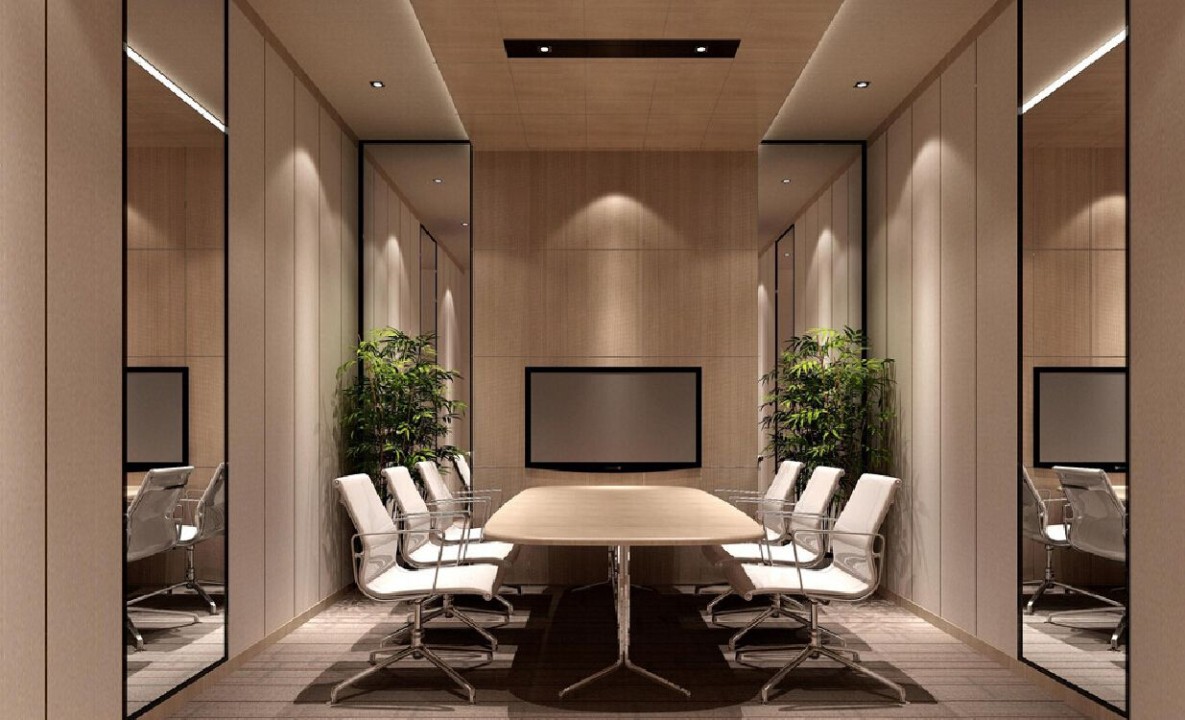A well-designed meeting room can foster collaboration, creativity, and effective decision-making among team members. From layout to technology integration, every aspect plays a significant role in shaping the outcome of meetings. In this blog post, we will outline some of the essential elements of crafting the perfect meeting space to facilitate productive discussions and outcomes.
Strategic Location and Layout
The foundation of an effective meeting space begins with its location and layout. Accessibility is key, ensuring that the room is easily reachable for all participants. In terms of a meeting room rental singapore, where transportation infrastructure is highly developed, choosing a central location can enhance convenience and punctuality. Moreover, the layout should be carefully planned to promote interaction and engagement. Whether it’s a boardroom-style setup for formal discussions or a collaborative layout with movable furniture for brainstorming sessions, tailoring the space to the specific meeting objectives is essential.
Technology Integration for Seamless Communication
In today’s interconnected world, technology plays a pivotal role in facilitating communication and collaboration. Equipping the meeting room with state-of-the-art audio-visual systems, video conferencing capabilities, and wireless presentation tools can streamline discussions and enhance productivity. High-speed internet connectivity is imperative, especially in a tech-savvy city like Singapore, where digital connectivity is a priority. By harnessing the power of technology, teams can overcome geographical barriers and collaborate seamlessly, regardless of their physical location.
Comfort and Ergonomics
Comfort is not merely a luxury but a necessity in fostering a conducive meeting environment. Ergonomic furniture, adequate lighting, and proper ventilation are essential elements that contribute to the comfort of participants. In Singapore’s tropical climate, ensuring optimal thermal comfort is crucial to prevent distractions and maintain focus during meetings. Additionally, providing amenities such as refreshments and ergonomic seating can enhance the overall experience and productivity of meeting attendees.
Aesthetic Appeal and Ambience
The visual appeal of the meeting space can significantly influence the mood and atmosphere of discussions. A well-designed interior with tasteful decor and soothing colours can create a conducive environment for productive conversations. Incorporating elements of biophilic design, such as indoor plants and natural light, can evoke a sense of calmness and inspiration, fostering creativity and innovation. Paying attention to the aesthetics and ambience of the meeting room can elevate the overall meeting experience and leave a lasting impression on participants.
Flexibility for Diverse Needs
Flexibility is key to accommodating the diverse needs and preferences of meeting participants. Modular furniture and adaptable layouts enable the seamless transition between different types of meetings, whether it’s a formal presentation, brainstorming session, or team-building activity. Providing versatile amenities such as whiteboards, flip charts, and interactive displays empowers teams to collaborate effectively and unleash their creativity. By embracing flexibility, organisations can cater to the evolving demands of modern work culture and enhance the productivity of their meetings.
So, creating the ideal meeting space requires careful consideration of various factors, ranging from location and layout to technological integration and flexibility. By strategically designing a meeting room that prioritises accessibility, comfort, and collaboration, organisations can maximise productivity and drive meaningful outcomes.
